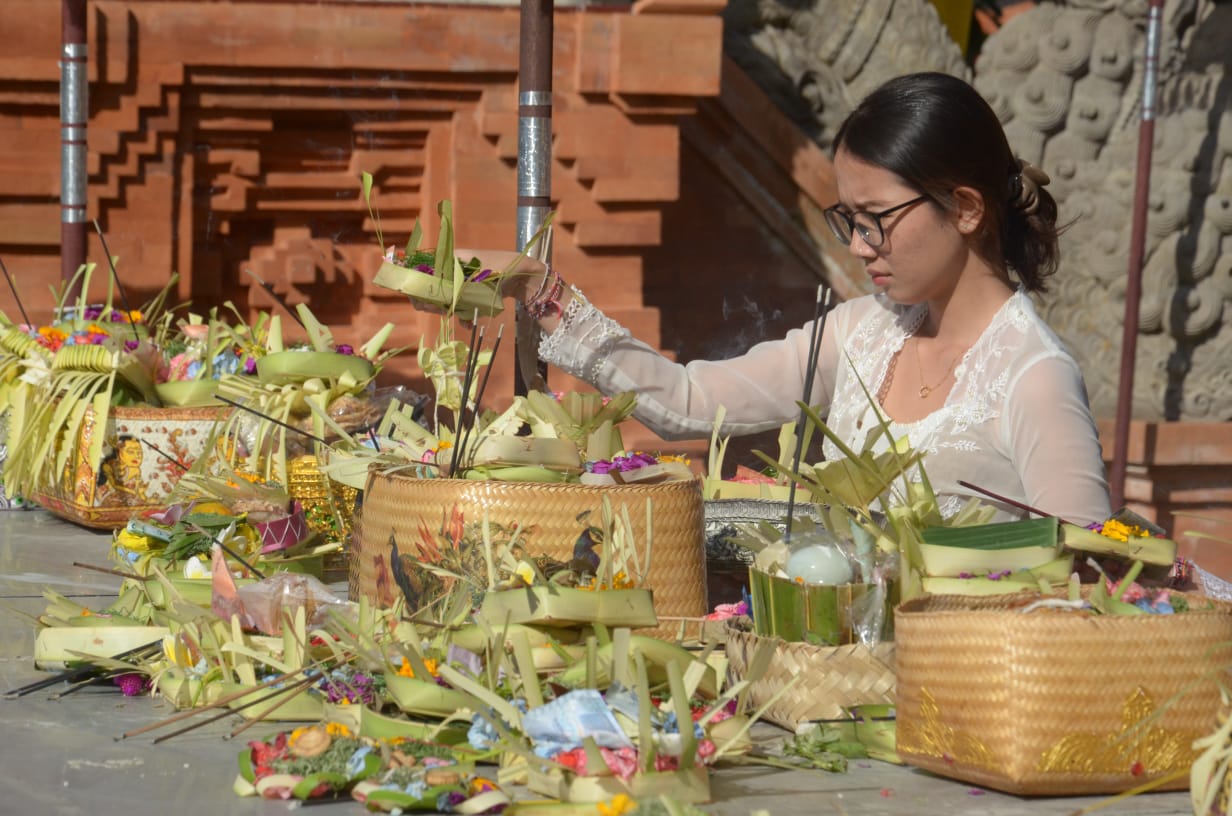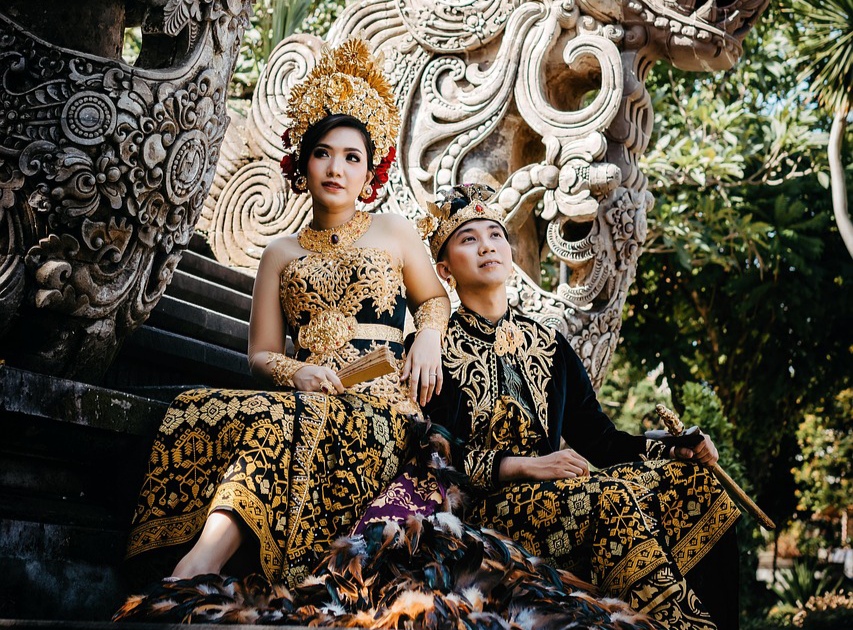In the rich spiritual traditions of Balinese Hinduism, numerous sacred days are observed throughout the year.
One such important day is Anggara Kasih Julungwangi, a religious occasion that occurs every six months, based on the Balinese calendar system.
This sacred day is marked by the convergence of Sapta Wara (Tuesday), Pancawara (Kliwon), and the wuku Julungwangi.
The spiritual significance of Anggara Kasih Julungwangi lies in its role as a day of purification and self-reflection. According to the Lontar Sundarigama, one of Bali’s ancient Hindu scriptures, this day holds deep philosophical meaning.
It is a time when individuals are encouraged to cleanse not only their physical selves but, more importantly, their minds and souls from any impurities.
The Lontar Sundarigama provides specific instructions about Anggara Kasih. It mentions:
“Nahanta waneh, rengen denta, Anggara Keliyon ngarania Anggara Kasih, pekenania pengasianing raga sarira…”
This passage can be interpreted as: when Tuesday (Anggara) coincides with Kliwon, the day is named Anggara Kasih. It is seen as a time to express love and compassion, not only toward others but also toward oneself.
The essence of Anggara Kasih, as conveyed in the scripture, is centered on self-love and universal compassion.
However, this love transcends the physical realm, urging individuals to purify their minds and rid themselves of negative thoughts, which are believed to be sources of sin and imbalance.
During this day, introspection is highly recommended. It is believed that Dewa Ludra, a divine manifestation associated with destruction and purification, engages in deep meditation (yoga) on Anggara Kasih to cleanse the world of impurities.
By aligning with this divine act through personal meditation and rituals, individuals are thought to benefit from spiritual purification and balance.
The observance of Anggara Kasih Julungwangi is accompanied by specific rituals and offerings.
As described in the Lontar Sundarigama, the offerings include fragrant flowers and incense (wangi-wangi and dupa astanggi), symbolizing the purification of thoughts, and holy water (tirta), used to cleanse and sanctify the body and soul.
Anggara Kasih Julungwangi is more than just a religious observance; it is a profound opportunity for spiritual reflection.
By performing rituals, meditating, and offering prayers, devotees are encouraged to contemplate their actions, cleanse their thoughts, and restore harmony within themselves and their surroundings.
Ultimately, the day serves as a reminder of the importance of maintaining balance in life. This balance is reflected in the three key relationships emphasized in Balinese Hinduism: Parahyangan (the relationship with God), Pawongan (the relationship with fellow human beings), and Palemahan (the relationship with nature).
By embracing the teachings of Anggara Kasih Julungwangi, devotees can cultivate inner peace, enhance spiritual awareness, and contribute to a more harmonious world. (BT)





